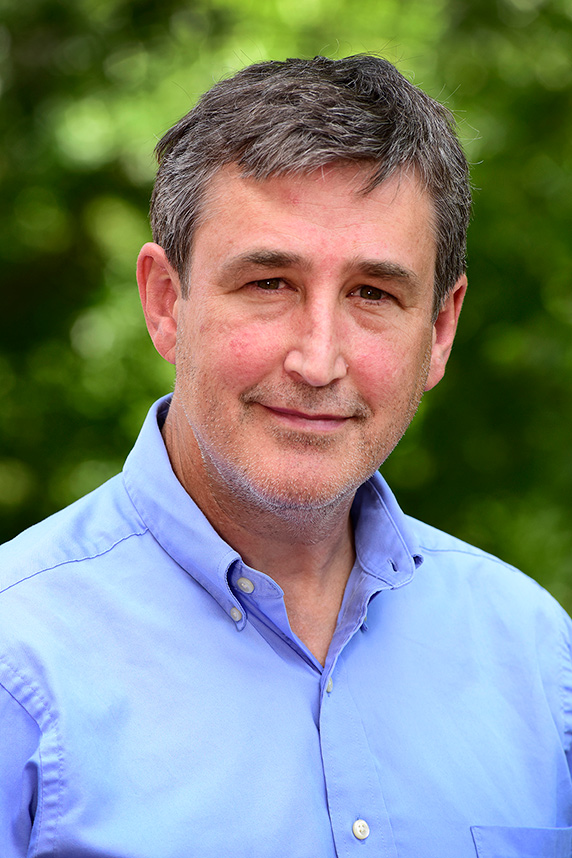On Nov. 8, the National Institutes of Health (NIH) released a Draft NIH Policy for Data Management and Sharing and supplemental draft guidance for public comment. The purpose is to promote data management and sharing that furthers NIH’s commitment to making results and accomplishments of the research it funds and conducts available to the public.
Stakeholder feedback is essential to ensure that any future policy:
- Maximizes responsible data sharing.
- Minimizes burden on researchers.
- Protects the privacy of research participants.
Stakeholders may comment on any aspect of the draft policy, the supplemental draft guidance, or other considerations relevant to NIH’s data management and sharing policy efforts.
NIEHS Office of Data Science Director Charles Schmitt, Ph.D., urged those in the environmental health field to weigh in on the draft. “This draft NIH policy provides a key building block in support of the goals articulated in the recently released NIH Strategic Plan for Data Science,” he said.
 Schmitt’s office provides solutions to NIEHS for acquisition, development, and deployment of scientific data and knowledge management. (Photo courtesy of Steve McCaw)
Schmitt’s office provides solutions to NIEHS for acquisition, development, and deployment of scientific data and knowledge management. (Photo courtesy of Steve McCaw)A NIEHS wide group has been formed to develop a coordinated response from the institute. “NIEHS will submit feedback on the policy and encourages grantees, partners, policymakers, and other stakeholders to review the policy and provide feedback as well,” Schmitt added. “A data management and sharing policy is critical to realizing the strategic plan’s goals of increasing stewardship and sustainability of our valuable data resources.”
A further appeal for comments came from NIH Associate Director for Science Policy (OSP) Carrie Wolinetz, Ph.D. “I recognize that there is a perception that a draft policy represents a finished product, that NIH has already made up our mind,” she wrote in a blog post. “I want to assure you that this is not the case. It is very important that we hear from the stakeholder community about what you think works and doesn’t work with respect to what we have proposed.”
NIH established a web portal for submitting comments. To ensure consideration, submit comments no later than Jan. 10, 2020.
Complete information about the draft policy and supplemental guidance can be found on the OSP website. Questions may be sent to SciencePolicy@mail.nih.gov.
Source link
factor.niehs.nih.gov

